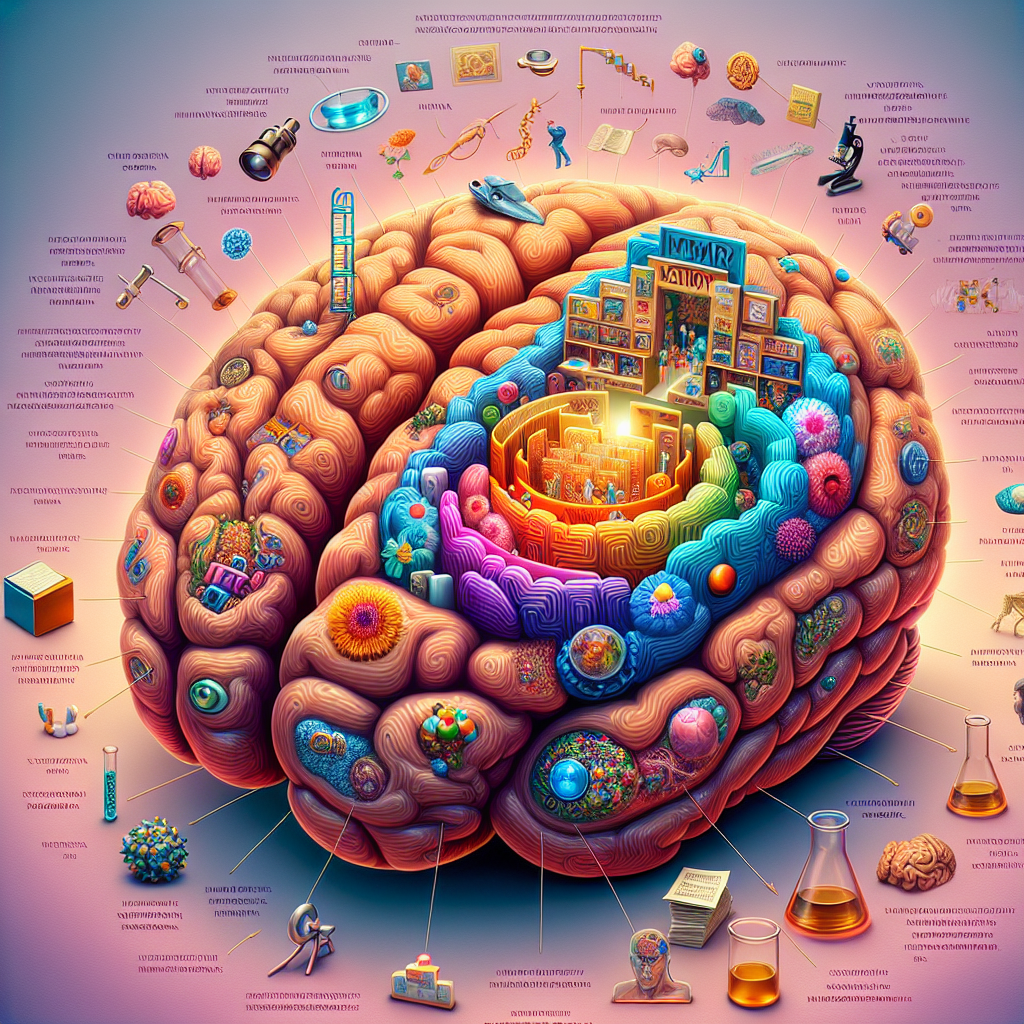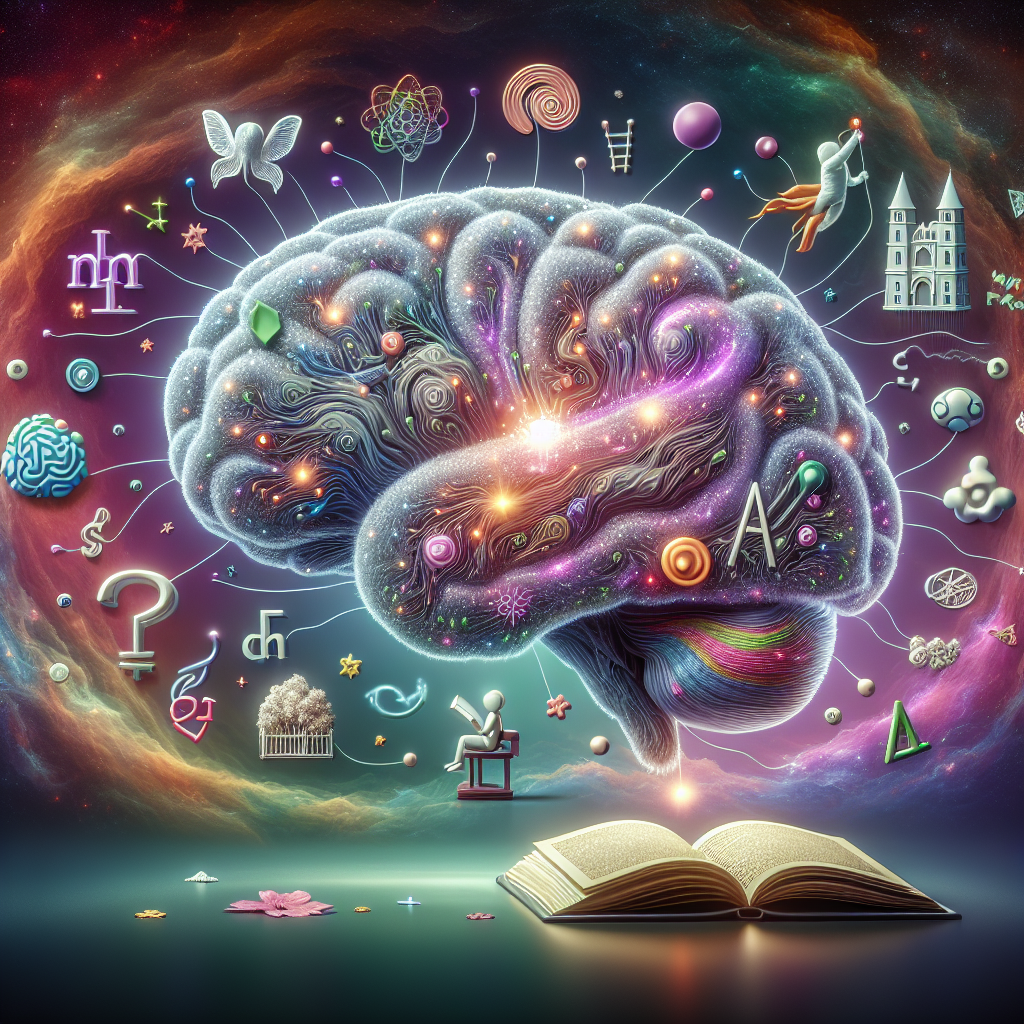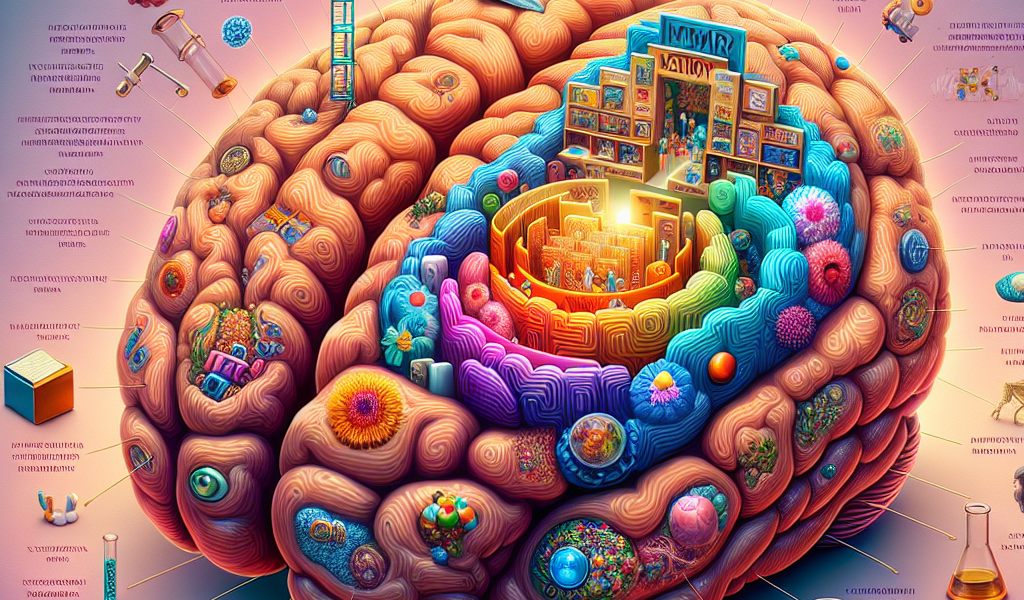How Do Memory Techniques Help Improve Memory Recall?
Awaken your inner Sherlock Holmes, as the article “How Do Memory Techniques Help Improve Memory Recall?” unfurls the secrets of the mind’s mysterious repository – the memory. Imagine harnessing the power to recall information as effortlessly as flicking through the pages of your favorite novel. Unlock this potential with various memory techniques that are all set to revamp your brain’s blueprint. Amp up your recollection game as your journey through this enlightening write-up accelerates, altering perspectives and opening up cognitive corridors you never knew exist. So flock around, memory enthusiasts, for you are about to embrace substantial enhancements in your mental recall abilities, breaking through the conventional boundaries of memory power.

Understanding Memory
For you to grasp how techniques enhance memory, you need to first understand what memory itself is.
What is Memory Recall
Think of memory recall as your brain’s unique filing system. It’s the process of retrieving information previously encoded and stored in your brain. It’s the magical moment you retrieve that nugget of stored information, drawing it from the cavernous depths of your mind at a moment’s notice. That stored information could be your childhood friend’s name, the tune of your favorite song, or how to ride a bike.
Different Types of Memory
Your brain’s filing system isn’t uniformly arranged. There are diverse types of memory. Short-term memory stores small amounts of information for a brief duration, while long-term memory stores large amounts of information for potentially unlimited duration. Sensory memory, on the other hand, holds sensory information less than a second after an item is perceived.
How Does Memory Work
The beauty of memory is complex, made up of three distinct but interconnected processes. Firstly, there’s encoding, the stage where perceived information is changed into a construct that can be stored. Secondly, storage, which is maintaining or storing this information over time. Lastly, retrieval or recall, which refers to getting at the stored information when you need it.
Role of Memory Techniques
Now that you’ve grasped the concept of memory, let’s look at memory techniques.
Importance of Memory Techniques
Memory techniques act as your brain’s personal assistant. They streamline the process of encoding, storing, and retrieving information. By adding structure and organization, memory techniques make it easier for your brain to find the file when it’s needed.
How Memory Techniques Boost Brain Functioning
It can be compared to optimizing your brain’s storage system. Encoding, for example, is made more effective by attaching meaning to a piece of information or associating it with other knowledge. Memory techniques also facilitate retrieval by providing ‘cues’ that guide the brain to the right information.
Common Memory Techniques and Their Impact
What exactly are these techniques that optimize your memory recall? Let’s delve in.
Mnemonics and Memory Recall
Mnemonics are keys that unlock your memory recall. They are devices, such as patterns of letters, ideas, or associations, which assist in remembering something. Mnemonics work by creating a mental picture, making it easier for your brain to recall information.
Visualization as a Memory Tool
When you visualize, you create a mental image of something. This technique is particularly effective because the brain remembers visuals more easily than text. This enhances both encoding and recall as it adds more context, making the brain’s search easier.
The Method of Loci: Ancient Greek Methodology
The method of loci leverages both spatial and visual memory. Imagine a familiar location, like your house. You can mentally place items you want to remember in different locations. Your brain’s ability to recall familiar places enhances the recall of the items ‘placed’ in these locations.
PEGS System: Person-Event-Goal-Sequence
The PEG system provides hooks on which to hang the information. You create a mental association between numbers and the objects you want to remember. This association is often absurd or funny, which in itself enhances the recall.

Memory Games and Their Role in Memory Enhancement
Want to make your recall enhancement journey enjoyable? Try memory games!
Brain Games for Memory Enhancement
Brain games like puzzles, crosswords, chess, among others, can significantly improve memory recall. The stimulation these games provide boosts the neuroplasticity of your brain, making it better at both storing and retrieving information.
Online Platforms for Memory Games: Helping Both Kids and Adults
These are not confined to the traditional board games. With the growth in technology, a host of apps and online platforms offer a range of brain games. They cater to different age groups and needs, combining fun and learning in enhancing memory recall.
Techniques that Aid Memory Consolidation
Memory consolidation is the process of stabilizing a memory trace after the initial acquisition.
Periodic Review of Learning Material
Regular revision of material aids memory consolidation. Through repetition, your brain strengthens the connection to the information, enhancing recall.
Teaching What You Learn to Others
This is a powerful tool for consolidation. It involves multiple parts of the brain, thereby creating more pathways to the information.
Techniques for Long-term Memory Consolidation
For recall to move from short-term to long-term memory, techniques like spaced repetition – reviewing the material at increasing intervals over time – and interleaving – mixing different types of learning material together – can be quite beneficial.
Healthy Habits for Better Memory
Recall is not only about techniques, but it’s also about a healthy mind in a healthy body.
Lifestyle Changes that Promote Memory Recall
Changes like reducing stress, quitting smoking, limiting alcohol, and regular mental exercise can significantly improve your brain’s efficiency.
Diet and Exercise: Their Effect on Memory
Eating a healthy diet, especially one that’s good for the heart, can enhance your memory. Physical exercise increases oxygen to your brain and reduces the risk of disorders leading to memory loss.
The Role of Sleep in Memory Retention
Sleep plays a large part in the consolidation of memory. It’s like your brain’s housekeeper, tidying up and making connections between the pieces of information.
Science Behind Memory Improvement Techniques
The science behind memory improvement is profound and fascinating.
Neuroscience and Its Connection with Memory Recall
Neuroscience explores how neurons and their networks form memories. Encoding, for instance, involves neurons firing in a particular pattern, which if reactivated, can recall the memory.
How Neuroplasticity Influences Memory Recall
Neuroplasticity refers to the brain’s ability to reorganize and form new neural connections throughout life. This enables learning and remembering by changing the strength of connections between neurons, enhancing memory recall.
Learning Styles and Memory Techniques
Different people have different learning styles, and these can be optimally matched with appropriate memory techniques.
Visual Learners and Memory Techniques
For visual learners, techniques such as visualization, mind mapping, and illustrative mnemonics work best in enhancing memory recall.
Auditory Learners and Memory Techniques
Auditory learners would find rhymes, songs, and acronyms useful, while
Tactile Learners and Memory Techniques
Tactile learners can greatly benefit from physically active techniques like learning via activities or using flashcards.
Memory Techniques for Students
Students have a lot to gain from memory techniques.
Memory Techniques for Studying
Techniques such as SQ3R (Survey, Question, Read, Recite, Review), mnemonic devices, and active learning can be quite beneficial for students.
Techniques for Remembering Formulas and Equations
Pattern recognition, understanding the why behind the formula, and using the formula regularly in solving problems would aid in memory recall.
Memory Techniques for Different Subject Areas
Different subjects require different approaches. For example, history could be learned through a storytelling approach, while science concepts would stick better with visual aids.
Memory Techniques and Aging
a decline in memory is a commonplace of aging, but memory techniques can counter this.
Memory Loss and Aging
For various reasons, our memory deteriorates as we grow old. However, this does not have to be an inevitable part of aging.
Methods for Elderly to Improve Memory Recall
Mnemonics, puzzles, brain games, healthy lifestyle choices can significantly help the elderly improve their memory recall.
How Memory Techniques can help in combating dementia
While it can’t cure dementia, memory exercises can slow the progression and improve quality of life for those affected.

